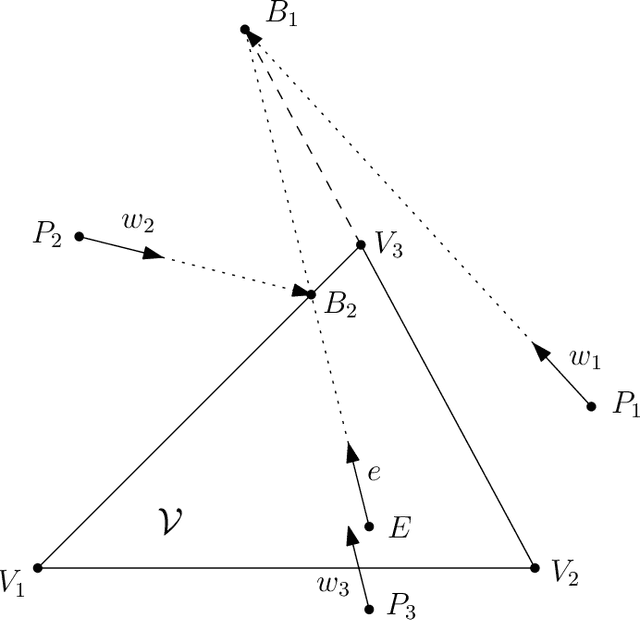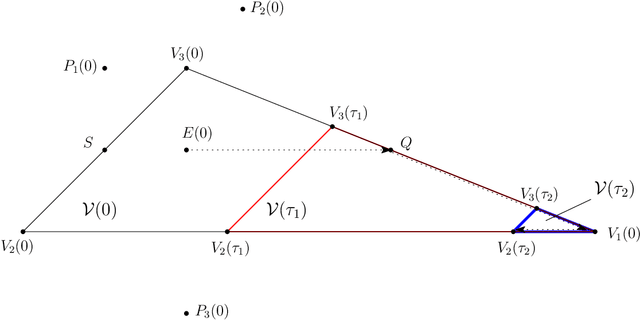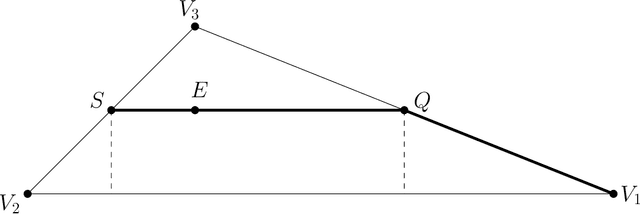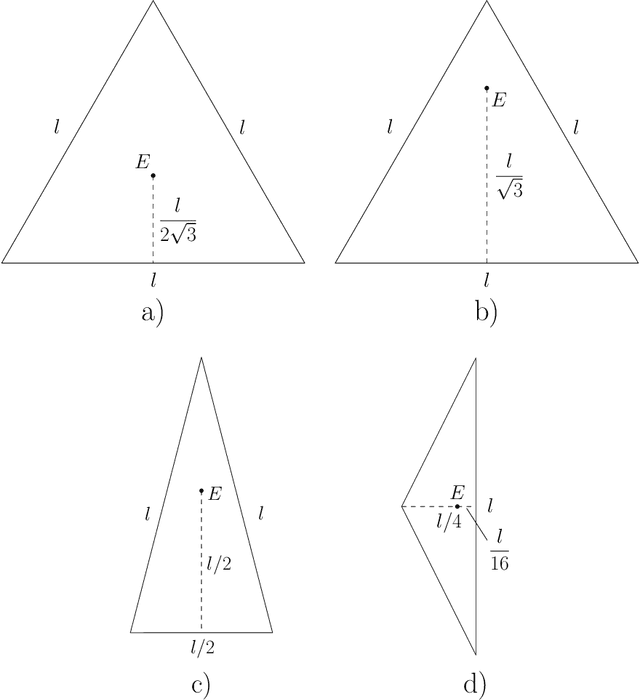Cooperative versus decentralized strategies in three-pursuer single-evader games
Paper and Code
Jan 24, 2020



The value of cooperation in pursuit-evasion games is investigated. The considered setting is that of three pursuers chasing one evader in a planar environment. The optimal evader trajectory for a well-known decentralized pursuer strategy is characterized. This result is instrumental to derive upper and lower bounds to the game length, in the case in which the pursuers cooperate in the chasing strategy. It is shown that the cooperation cannot reduce the capture time by more than one half with respect to the decentralized case, and that such bound is tight.
* Preliminary version submitted to ECC 2020
 Add to Chrome
Add to Chrome Add to Firefox
Add to Firefox Add to Edge
Add to Edge